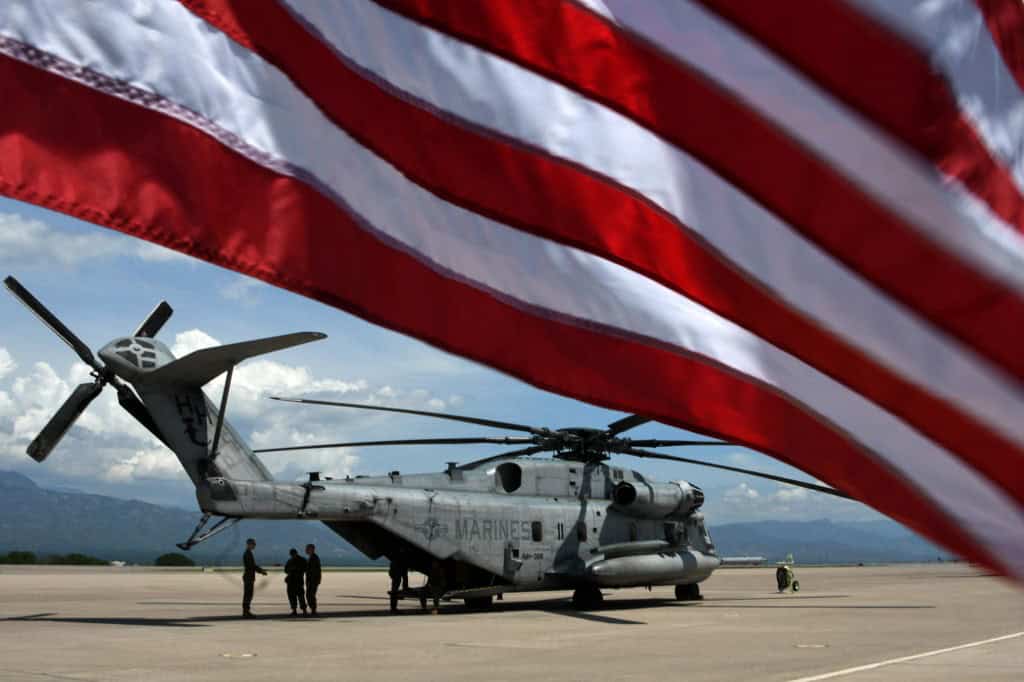President Xiomara Castro warned on Wednesday that she will expel U.S. military bases from Honduras if President-elect Donald Trump fulfills his threat to order mass deportations of Hondurans when he takes office on January 20.
“In the face of a hostile attitude of mass expulsion” of Hondurans, “we would have to consider a change in our cooperation policies with the United States, especially in the military field, in which they maintain military bases on our territory for decades without paying a cent,” Castro said in a national radio and television broadcast.
“In this case (the military bases) would lose all reason to exist in Honduras,” added the leftist president. The United States has in Comayagua, central Honduras, the Palmerola base, built in the 1980s to fight communist movements.
“We hope that the new U.S. administration of democratically elected President Donald Trump will be open to dialogue, constructive and friendly, and will not take unnecessary reprisals against our migrants, who normally make a great contribution to the U.S. economy,” she advocated.
She announced that as president of the Community of Latin American and Caribbean States, she will convene in January, together with the president of Mexico, Claudia Sheinbaum, a meeting of foreign ministers to address the issue of migration. According to the Honduran Deputy Foreign Minister, Tony García, some 250,000 Hondurans are on the list to be deported in 2025 from the United States, and that Honduras is not prepared to receive that many people.
Thousands of other migrants from Mexico and other countries are also in those conditions, according to the official and various sources. About two million Hondurans live in the United States, most of them undocumented, who contribute more than 25% of Honduras’ Gross Domestic Product (GDP).
The Honduran president canceled an extradition treaty with the United States last August, claiming it could be used to prepare a “coup d’état” in Honduras, like the one that overthrew her husband, former President Manuel Zelaya, in 2009. Based on this 1912 treaty, which will expire next February, Tegucigalpa has extradited half a hundred accused drug traffickers to the United States since 2014.






